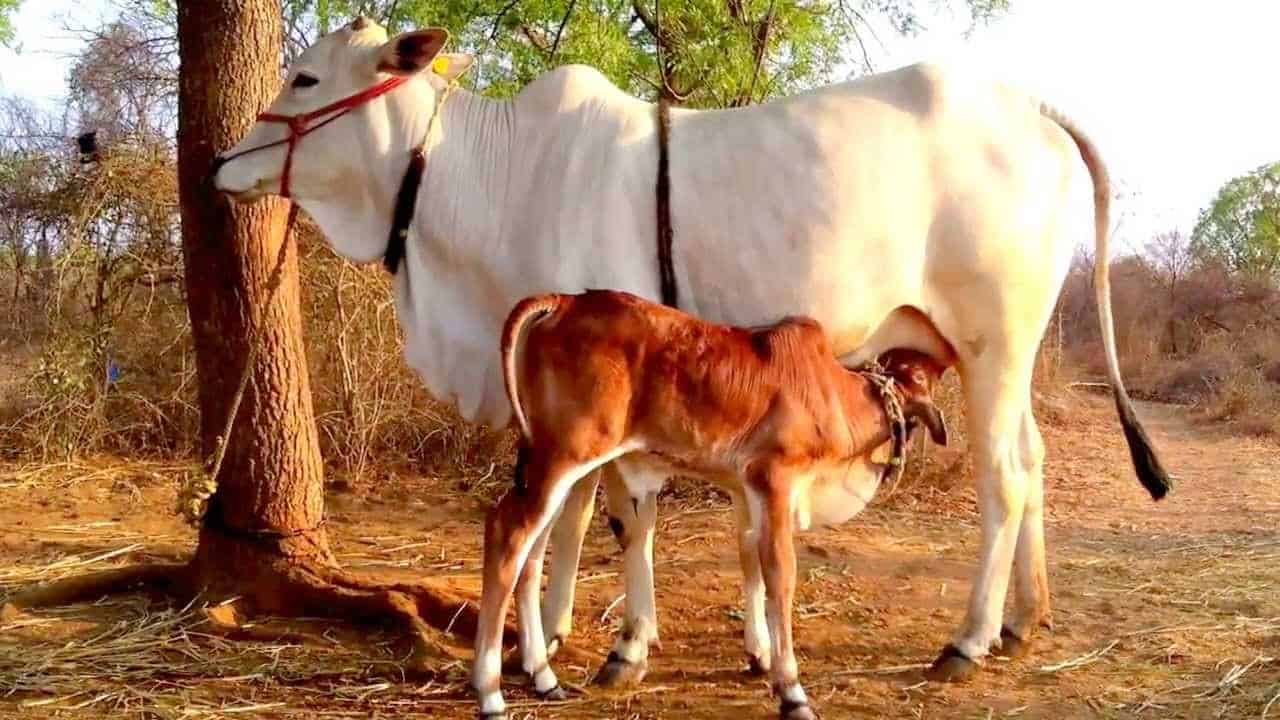
Tripura Adopts Sex-sorted Artificial Insemination of Cattle to Boost Milk Production
In a bid to make Tripura self-sufficient in milk production, the state government has mulled a three-year plan to introduce sex-sorted artificial insemination of cattle under a new scheme called the Mukhyamantri Unnoto Godhan Prakalpa. Speaking to reporters at the state secretariat in Agartala, Law Minister Ratan Lal Nath said his government has decided to introduce a three-year plan to boost milk production in the state by ensuring more cows are born through targeted chromosome selection.
“We have decided it as a long term plan. Earlier, we used to follow the conventional artificial insemination technique during mating season. But with the new scheme, we shall adopt sex-sorted artificial insemination of cattle till 2023. We hope to achieve 90 per cent cow births with the new system while the current method has a varying mix of cow and bull births,” the minister said.
The scheme is targeted towards artificially inseminating 1.56 lakh cows in next three years through sex-sorted semen straws, including 78 thousand cows in current financial year, 46,800 cows in 2021-22 and 31,200 cattle in 2022-23. The project, which is expected to cost Rs 519 for every semen straw, is estimated to cost Rs 13.10 crore, which would be funded in 90:10 share by the central and state governments. Tenders were floated inviting applications from suppliers for providing the semen straws from other states.
Kerala, Haryana, Odisha and Maharashtra are among the other Indian states which earlier adopted sex-sorted artificial insemination of livestock. Speaking to indianexpress.com, Animal Rearing and Development Assistant Director Dr Aroop Dey explained that the sex-sorted semen straws are prepared through a targeted chromosome selection of XX chromosomes. According to the department of animal husbandry, Tripura produces 1,97,270 MT milk annually while the average annual requirement is 2,34,350 MT. The state imports 37,080 MT milk and its products from other states and abroad to meet the deficit.
Tripura earlier set a ten-year target for food self-sufficiency in 2002-03. The target was not achieved at the time of evaluation in 2012-13 with barely 25 thousand MT meat, 12.5 crore eggs and 1.05 MT milk produced annually. Later, the erstwhile Left Front government set a new target for self-sufficiency in food production by 2020. But despite repeated attempts, it failed to cut down on its import dependency so far.
Read: Madhya Pradesh Woman Makes Eco-Friendly Rakhis Using Cow Dung
Source: The article is extracted from The IndianExpress, July 25, 2020.
